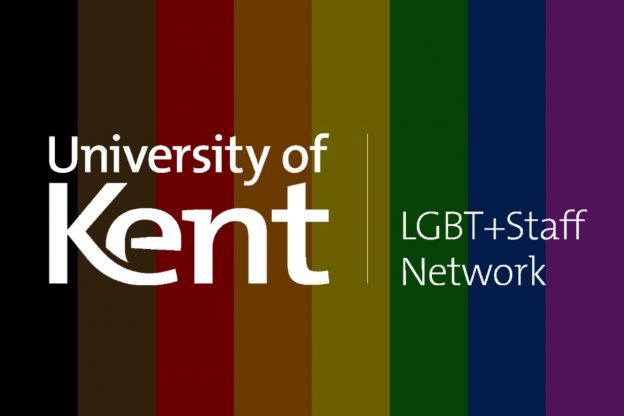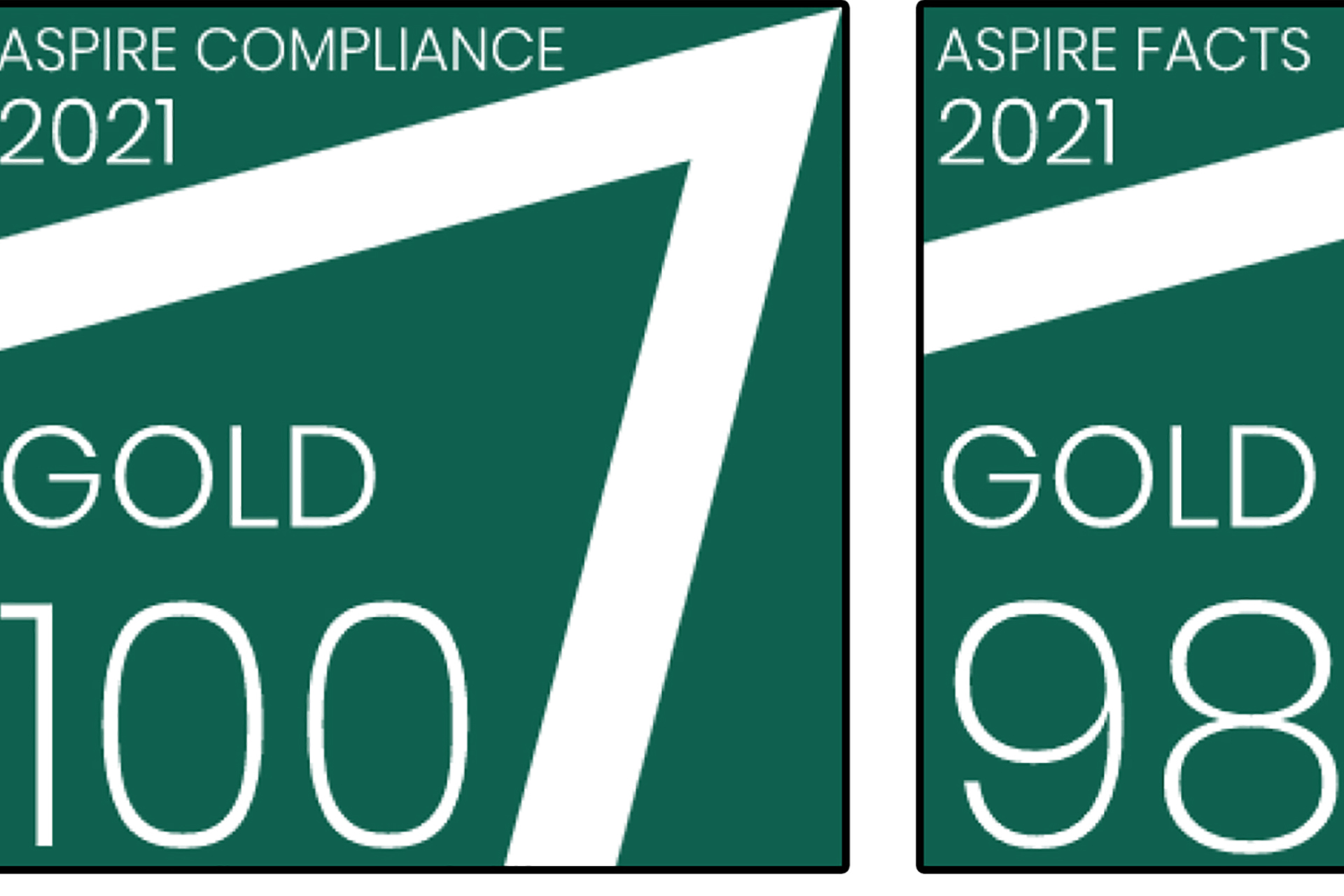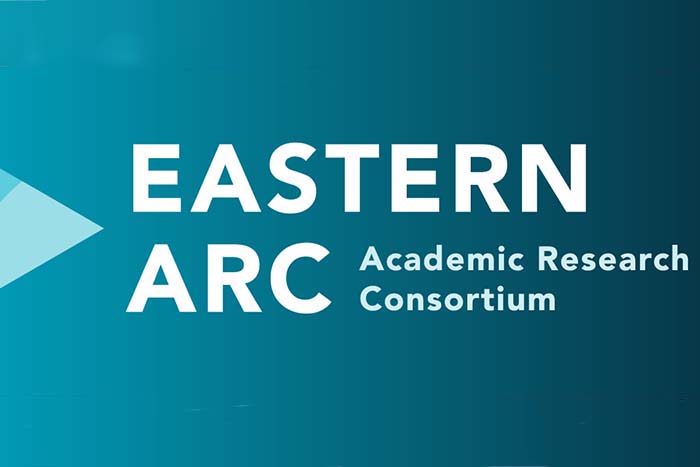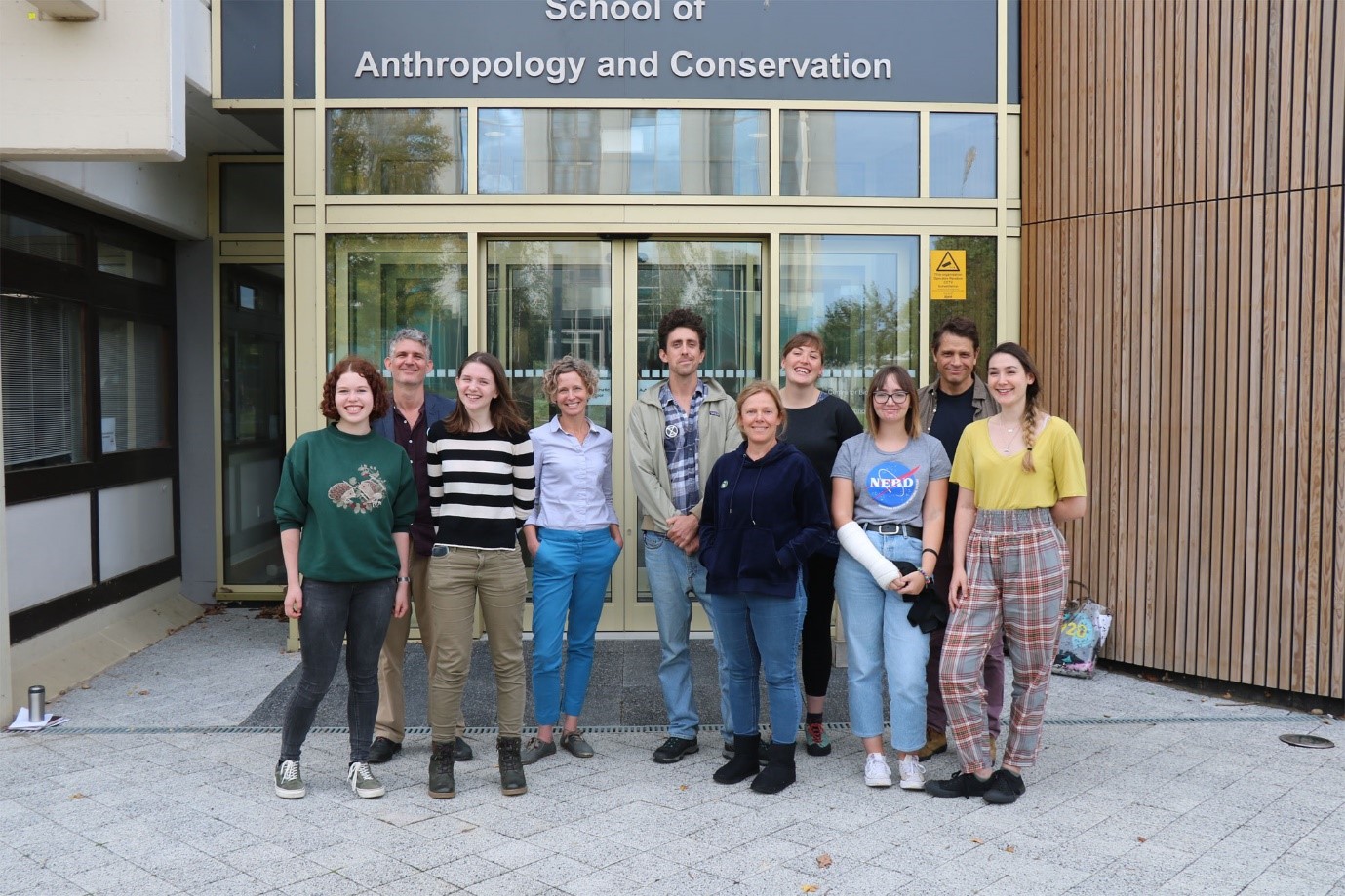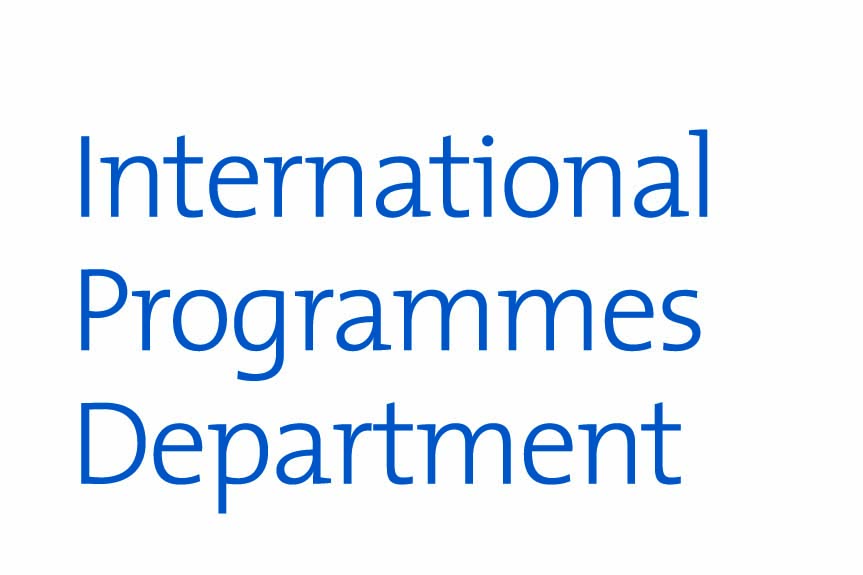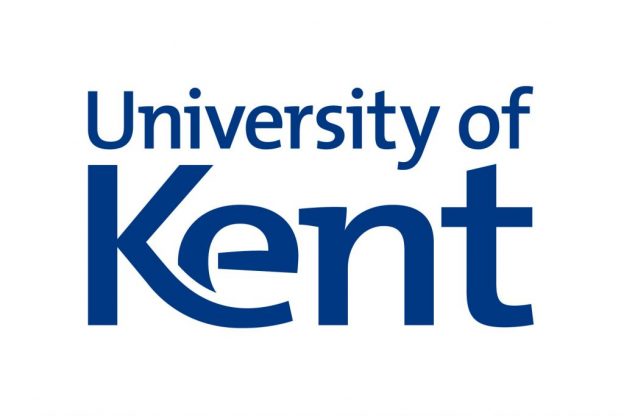To mark LGBT History Month this February, our LGBT+ Staff Network is running a number of events, including:
Queer Quiz Night – Sunday 31 January from 18.00
To kick off LGBT History month, we will be hosting another quiz night! It’s a little short notice… but we’re banking on you not having too many plans which may clash!
So join us this Sunday, along with partners, friends, housemates, bubbles and anyone else you’d care to invite! As always, dressing up for the occasion is encouraged, and make sure you have something to drink and nibble to hand!
Click here to join the Queer Quiz Night at 18.00 on Sunday, or email us at lgbtstaffnetwork@kent.ac.uk if you’d like to be added to the calendar invite.
LGBT in Lockdown – Wednesday 17 February from 18.00
‘LGBT in Lockdown’ is an event for LGBTQ+ people to share their experiences of the Covid-19 pandemic. We will be joined by former network co-chair Dr Christin Hoene sharing her story of moving abroad mid-lockdown for a new job… and we also want to hear from you!
If you have a story to share, please email at lgbtstaffnetwork@kent.ac.uk to be included in the event. We would love to hear about a diverse range of experiences, so please don’t be shy! Now more than ever it’s important for us all to hear and understand the range of lived experiences within our community, and so we hope to see as many of you there as possible.
Click here to join the LGBT in Lockdown Event or email us at lgbtstaffnetwork@kent.ac.uk if you’d like to be added to the calendar invite.
This Is Not My First Pandemic – Thursday 25 February from 18.00
Russel T Davies’ latest drama It’s A Sin has brought to life the horrors, heartbreak and homophobia of what for many of us remains a vivid memory and lived experience in the HIV/AIDS pandemic of the 1980s and 90s. ‘This Is Not My First Pandemic’ seeks to highlight the impact of both the HIV/AIDS and Coronavirus pandemics, and to draw parallels between how these two periods have affected our community. Some speakers have yet to be confirmed, but we will be hearing from experts in their fields including Jose C Mejia from METRO Charity who will be addressing the legacy and continued impact of the HIV/AIDS pandemic.
To join this event, sign up via Eventbright before 25 February.
We look forward to seeing you!
LGBT+ Staff Network
